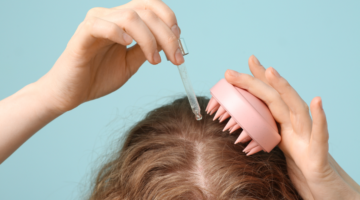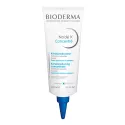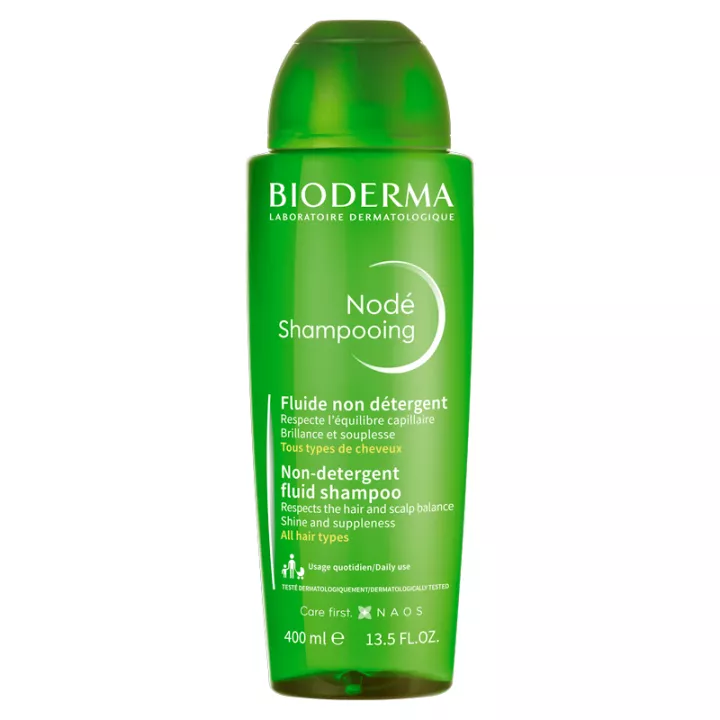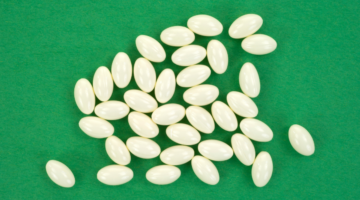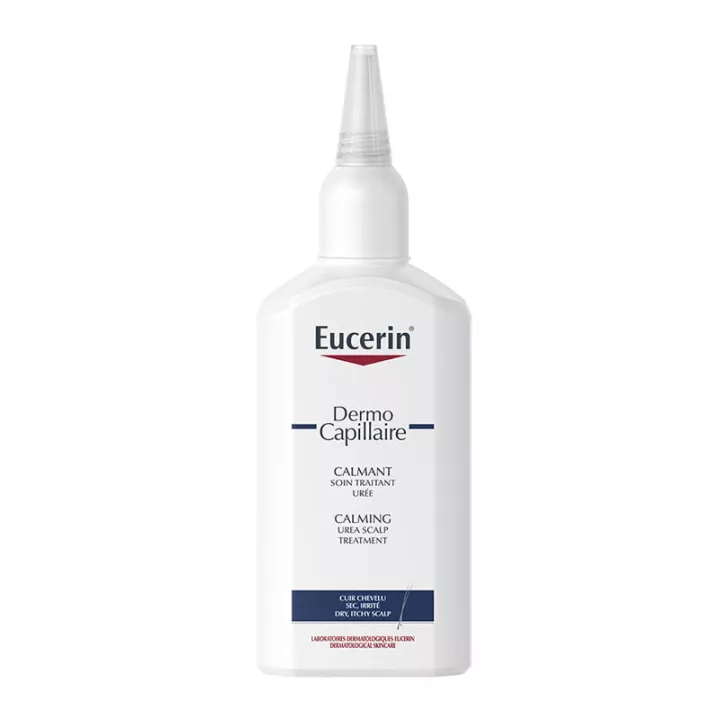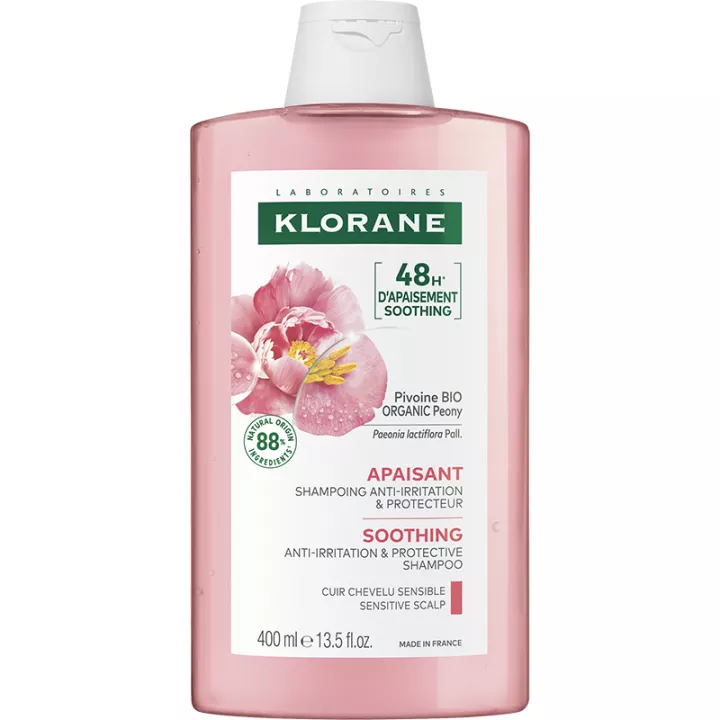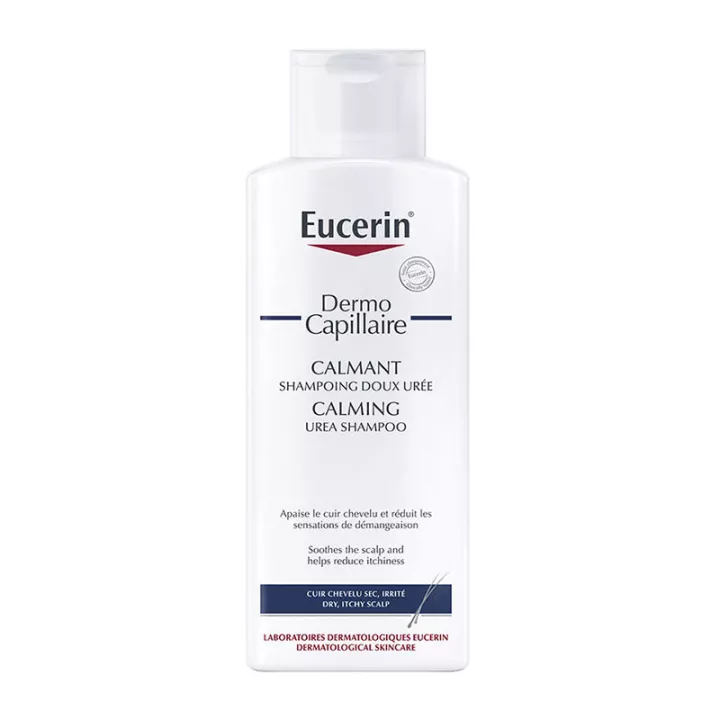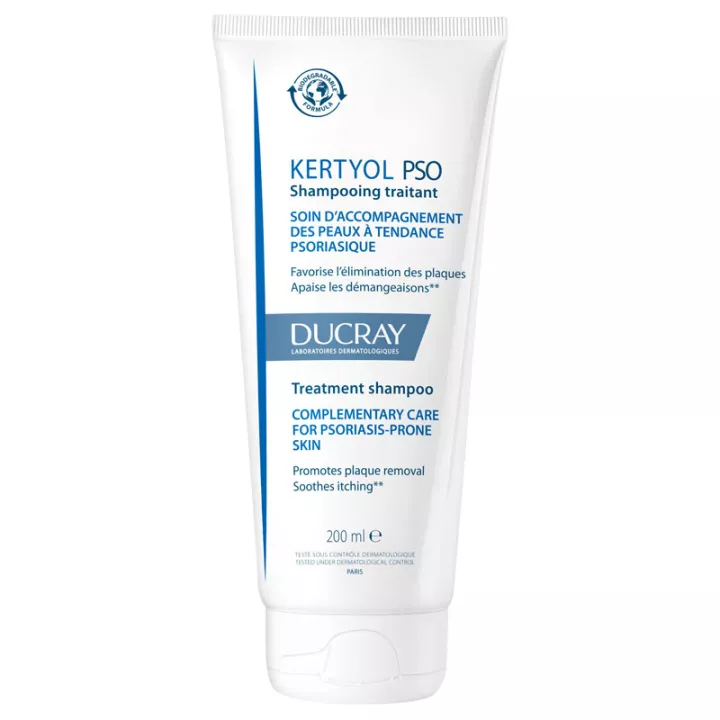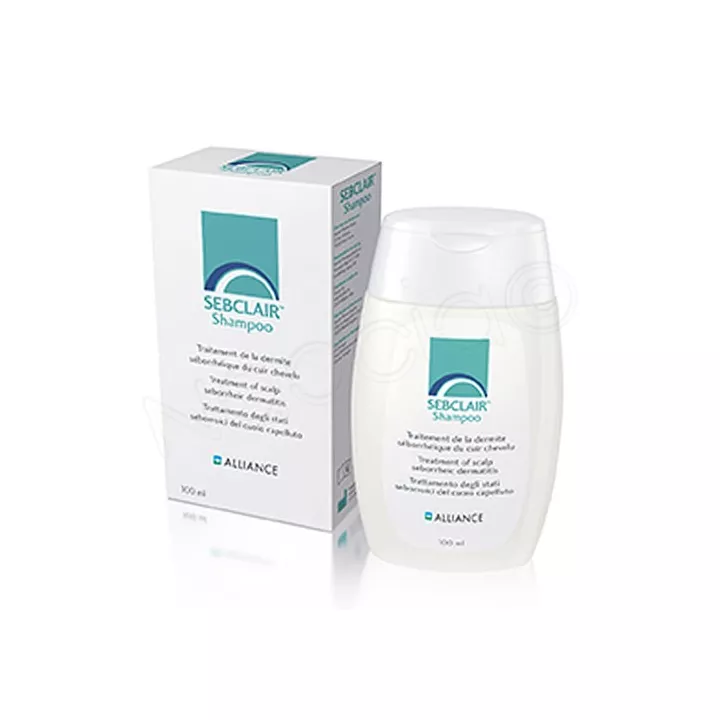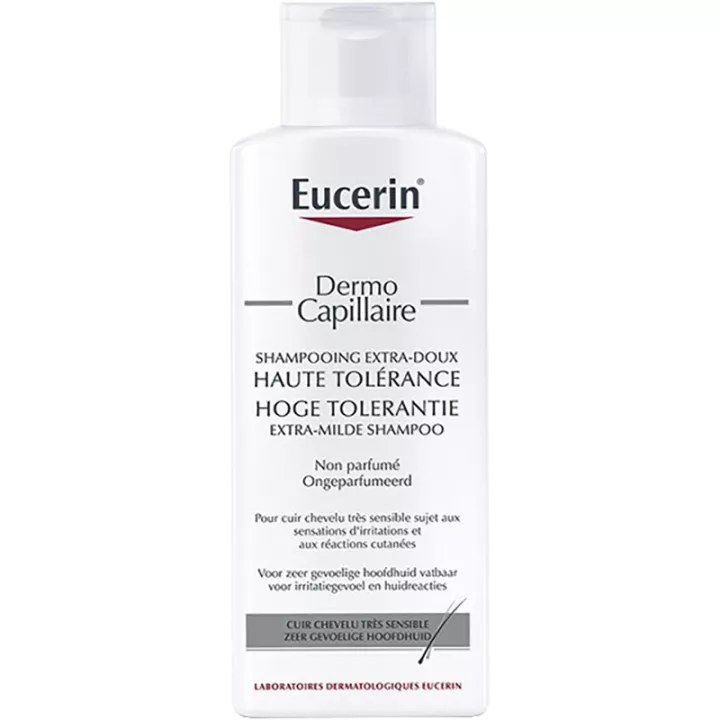What is Bioderma Nodé K Concentré Kérato-Réducteur Émulsion used for?
This soothing, anti-itching concentrate eliminates flaky patches.
This hair care product activates the elimination of plaques and prevents their reappearance. It helps reduce dryness and restore skin comfort. The soothing action of zanthoxylum extract reduces the urge to scratch.
- Removes stubborn scales.
- Calms itching.
- Easy to apply thanks to the cannula tube.
Shea butter and vaseline, intense emollients, help reduce dryness and restore skin comfort.
We also offer Bioderma Nodé K Keratoreducing Shampoo 150 ml, at the best price in our online pharmacy.
How do I use this hair care product?
Attack period (in case of itchy scalp): apply twice a week for 3 weeks.
Maintenance (to prolong effectiveness): apply twice a month.
Apply to dry, unwashed scalp (or body), in the affected areas.
Leave on for 15 minutes or more. Rinse, then use Nodé K Shampoo directly.
Give your opinion on the instructions for use and dosage of Bioderma Nodé K Concentré Kérato-Réducteur Émulsion 100ml with our partner Verified Reviews after your purchase.
What are the side effects and contraindications?
- Avoid contact with eyes.
- Do not use on children under 3 years of age.
- In case of intense redness, reduce frequency of use.
What is the composition of this hair emulsion?
aqua/water/eau, glycolic acid, butyrospermum parkii (shea) butter extract, dipropylene glycol, sodium hydroxide, octyldodecanol, salicylic acid, paraffin, microcrystalline wax (cera microcristallina), mineral oil (paraffinum liquidum), arachidyl alcohol, dimethicone, glyceryl stearate, peg-100 stearate, mannitol, xylitol, rhamnose, fructooligosaccharides, Laminaria ochroleuca extract, Zanthoxylum bungeanum fruit extract, behenyl alcohol, polyacrylamide, arachidyl glucoside, oleyl alcohol, xanthangum, C13-14 isoparaffin, laureth-7, caprylic/capric triglyceride [BI 512].
Presentation - Packaging
Bioderma Nodé K Concentré Kérato-Réducteur emulsion comes in a 100ml tube at the best online price.
Our expert advice on natural health
Scalp psoriasis is a chronic skin condition characterized by thick, red, scaly patches that develop on the scalp. The condition results from a dysregulated immune response, involving complex interactions between immune cells, cytokines and epidermal keratinocytes. Effective management of scalp psoriasis requires a thorough understanding of its underlying mechanisms and the application of targeted treatments.
Psoriasis is considered an autoimmune disease in which T immune cells, particularly CD4+ and CD8+ T lymphocytes, play a central role. A disturbance in the balance between pro-inflammatory (such as IL-17, IL-23, TNF-α) and anti-inflammatory cytokines contributes to inflammation and excessive keratinocyte proliferation. This complex interaction leads to the formation of thick, scaly patches on the scalp.
The management of scalp psoriasis relies on a multifaceted approach, aimed at reducing inflammation, controlling excessive desquamation and relieving symptoms. Available treatments can be divided into three main categories: topical, systemic and biological.
- Topical treatments Topical corticosteroids are commonly used to reduce inflammation and symptoms. Vitamin D analogues may also be prescribed to slow excessive skin cell growth. Keratolytic preparations, such as coal tar shampoos, help to remove scales.
- Systemic treatments In more severe or refractory cases, systemic treatments may be considered. Drugs such as methotrexate, cyclosporine and oral retinoids work by modulating the immune system to reduce inflammation. However, they require close monitoring because of their potential side effects.
- Biological treatments Biological treatments specifically target the cytokines involved in psoriasis. Inhibitors of IL-17 and IL-23, for example, have been shown to be effective in treating severe scalp psoriasis by reducing inflammation and skin lesions.
